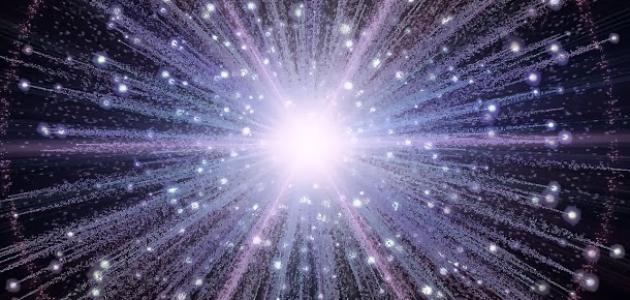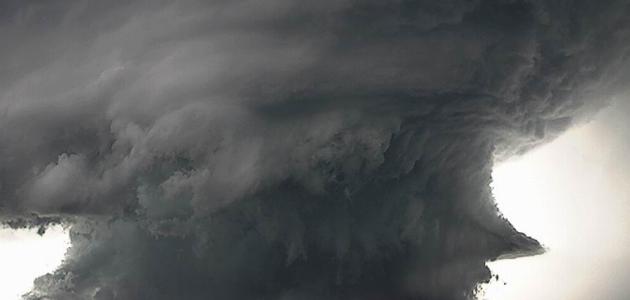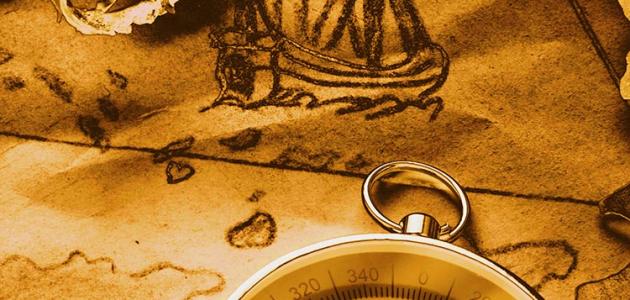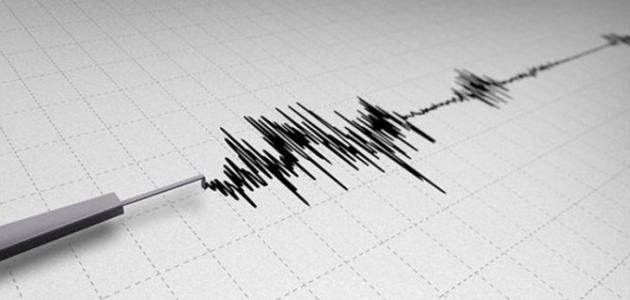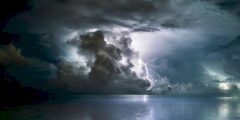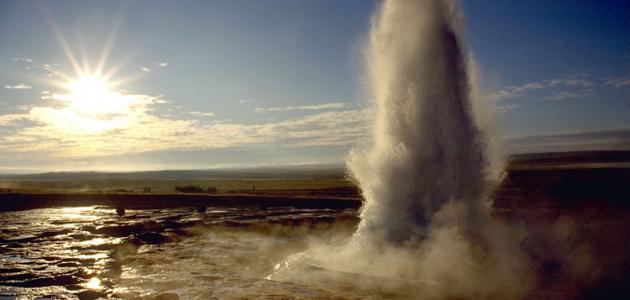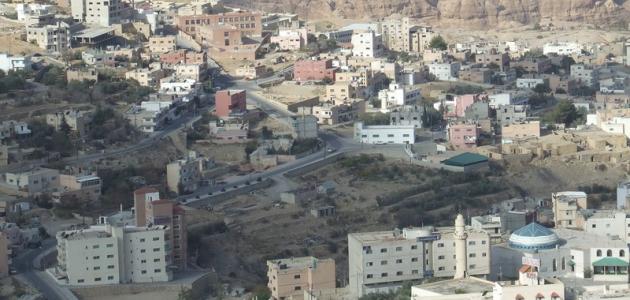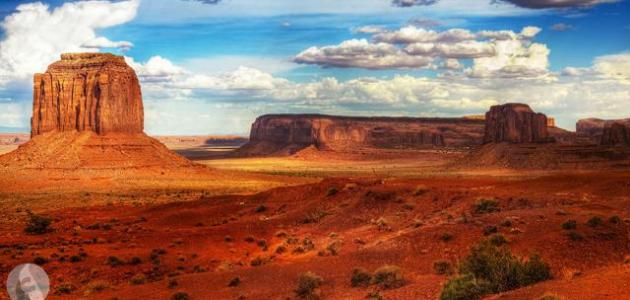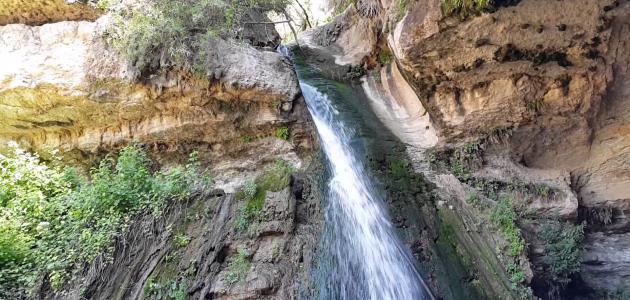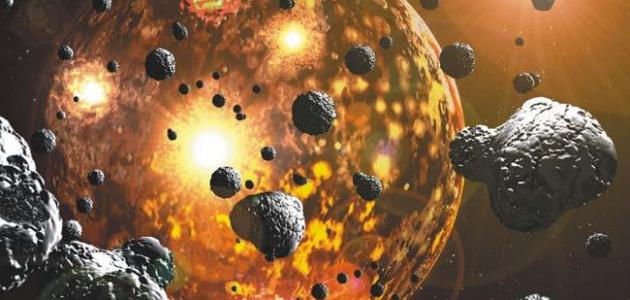The Big Bang Theory
The world we live in was born about 13.7 billion years ago as a result of a big explosion that occurred in space, which is called the Big Bang theory. Absorbing it, and despite all this, the theory of the beginning of the universe remains ambiguous.
The expansion of the universe
Scientists believe that the universe has expanded very quickly, greater than the speed of light, and has doubled in size by nearly a hundred times or more. Inflation This dark energy contributed to the acceleration of the universe, but it was considered temporary energy that did not last for a long time, as it turned into ordinary matter through the process of reheating, because of which the universe turned from cold during inflation to heat again when this dark energy disappeared.
cosmic background radiation
The theory of cosmic background radiation (in English: Background Radiation) can be identified by identifying the pale afterglow that accompanies the Big Bang. According to the theories of physics, the universe was formed one second after the Big Bang and the explosion of a sea of neutrons, protons, electrons, photons, and positrons.
Read also:How does a hurricane form?After the passage of time, the universe began to cool down, so the neutrons decomposed into protons or electrons, or united with protons to form deuterium, which is an isotope of hydrogen. Neutral The universe has become transparent.
Milky Way
Scientists believed in the past that the Milky Way galaxy determined the borders of the universe and that there was nothing behind it, then the first observations of scientists included that the Big Bang formed large objects called galaxies, which were referred to at the end of the century as spiral nebulae, and the astronomer Festo Slipher noted That these nebulae were receding and moving away from the universe.
Read also:Research on earthquakes and volcanoes